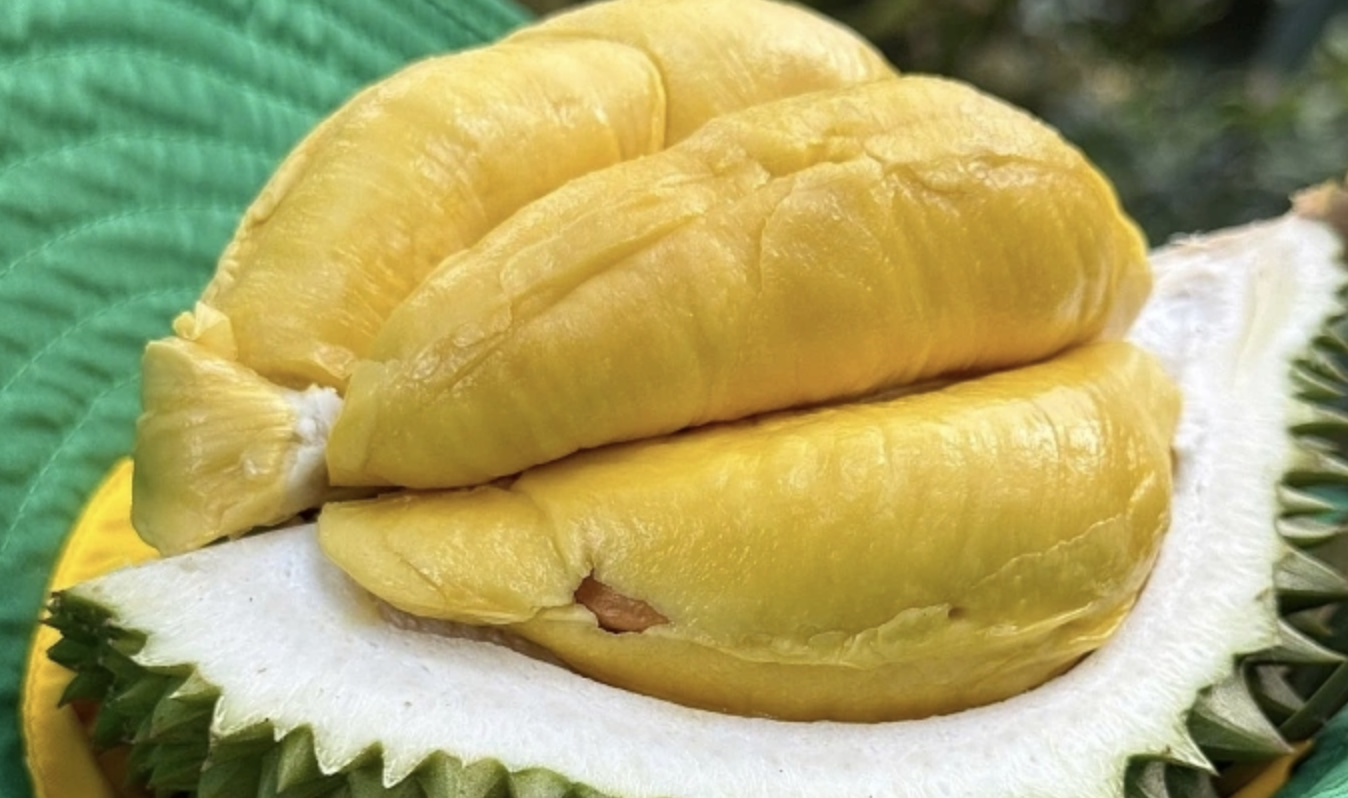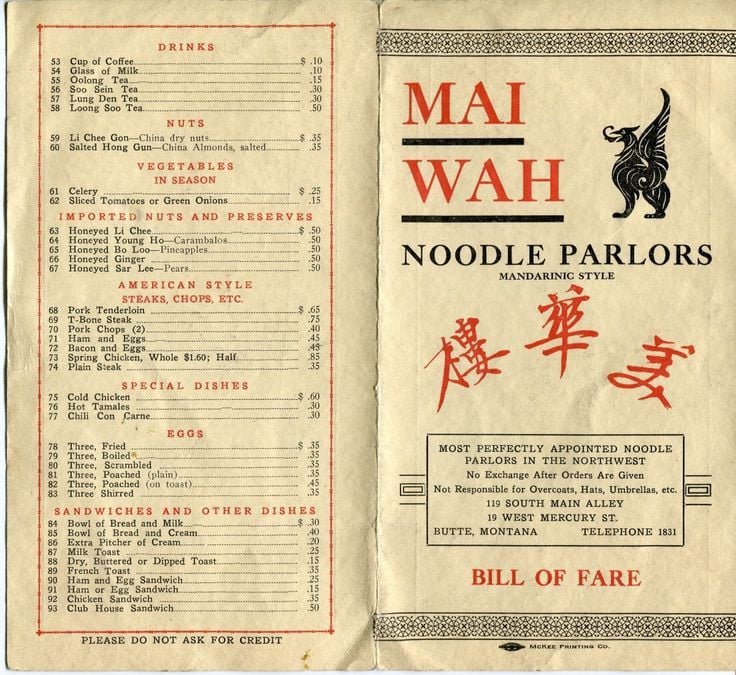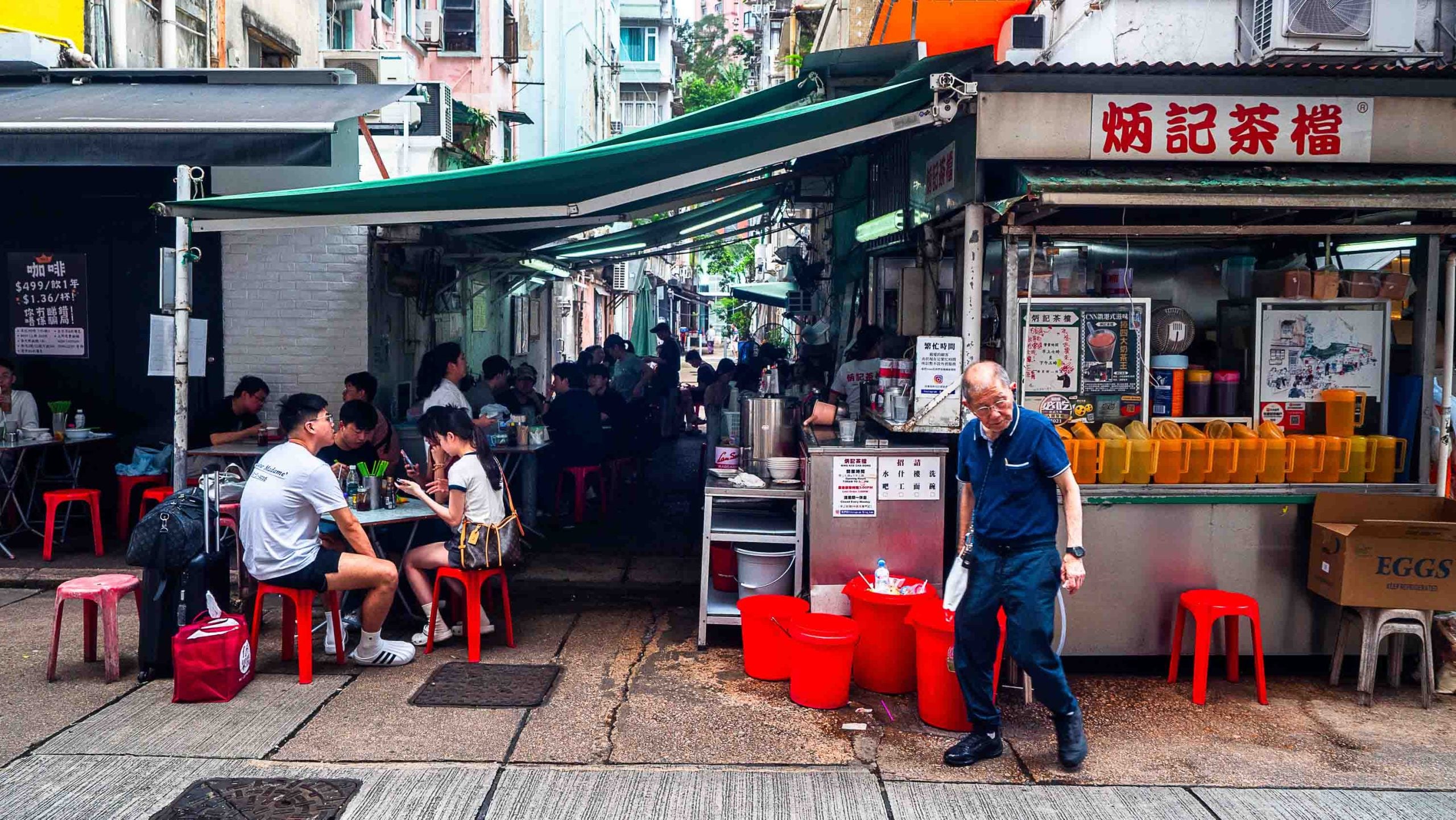2023 truly unlocked China’s doors and appetites after endless pandemic takeout. This year we saw food creations that left us intrigued yet puzzled. Maotai-spiked coffee jolting morning fuel runs? Fried pebbles served as dainty street snacks? “White people food” as a viral lunch option? What tongue-tingling innovations await on the horizon for 2024? Might stinky tofu lattes stay on as the niche cafe sensation? Could vacuum-packed roujiamo reach hot pot levels of supermarket ubiquity? Here are four bold predictions that could shake up dining halls, desktop midday meals, and bar menus across China in the coming year.
Health is wealth, China is hopping on that superfood “goop” train, traditional Chinese medicines set for a trendy comeback
Bye bye Hot Cheetos, hello chia seeds! China’s 2023 foodscape offered a glimpse into the health palates of the future. Demand spiked for additive-free “superfoods” and au naturel wellness aids as personalized nutrition muscled into the mainstream. Savvy Chinese youth, equally eager to balance ancient wisdom with their fast-paced lifestyles, are now packing their lunch boxes with so-called “white people food,” consisting of simple ingredients like avocado, nuts, carrots, chia seeds, etc.
Superfoods ostensibly recommended by Harvard Medical School, as showcased by a Xiaohongshu user.
Chatter surrounding these “superfoods” swelled over 100% on platforms like Xiaohongshu. The appetite for that healthy, balanced lifestyle is clearly fierce.
In 2024, we’ll see the supermarket shelves packed with natural, additive-free snacks and staples as ingredient-conscious shoppers drive nutritious offerings into the mainstream. The format of nutritional health products will be evolving into convenient, snack-like offerings.
Think collagen and probiotics being added to cookies, candies. Functional snacks that seamlessly fit into Gen-Z’s busy, on-the-go lifestyles.

Zhi Ma Health’s newly-launched series of ginger-based tea drinks.
Meanwhile, traditional Chinese practices promoting longevity have captivated the digital generation.
These ancient rituals, once dismissed as oddities of the elderly, are enjoying a revival as Millennials and Gen-Z come around to their wisdom — and efficacy! Tree-hugging, medicinal meals, tai chi at dawn — the quest to balance modern life with time-tested wellness is driving this throwback trend.
Gen-Z’s intertwining of old and new will popularize contemporary renditions of ancient diets, and Traditional Chinese Medicine (TCM) is gonna have an unprecedented moment in the spotlight too.

Bao Da Chu, a new brand marketing Chinese-style healthy light meals for young people. Images via Xiaohongshu.
We’ll see menus tapping into the balanced simplicity of TCM theories — warming soups for winter, detox teas in spring. Supply chains will source esoteric herbs like astragalus and medicinal flowers.
Ancient Bean New Brew, Coffee is the New Bubble Tea, Quirked Up Shaw-Tea?
Affordable coffee is barging into daily life in China, chipping away at the illusion that it’s only for the elite and well-heeled. The old notion that “quality coffee must be pricey” is getting a vigorous shake-up. “Coffee can be an accessible everyday drink” has grown into a popular mindset. Chinese consumers, long accustomed to tea-drinking, are steadily developing an appreciation and taste for coffee’s unique pleasures through different waves of coffee culture in China. But it’s more than that. Specialty coffee brands have taken notice and are concocting drinks with Chinese characteristics to entice locals. In 2023, we witnessed the feverish spread online of Maotai coffee — infused with the iconic Chinese liquor — suggesting the national thirst for coffee with a local twist.
Luckin Coffee’s Maotai iced lattes. Image via Xiaohongshu.
Come 2024, expect even more specialty cafes to jump on the bandwagon, blending Chinese ingredients like spices, flowers, fruits, and herbs into their menus in hopes of crafting China’s next viral coffee sensation, with many also drawing inspiration from the emerging neo-Chinese aesthetic movement and incorporating touches of traditional art and design.

More “coffee with Chinese characteristics.” Images via Xiahongshu.
On the tea side, a new breed of neo-Chinese tea stalls is brewing up an invigorating cultural remix — they’re steeping frenzied urban youth in ancient brewing wisdom while jazzing up menus with modern twists.
Within these chill teahouse oases, frazzled 9-5ers can finally exhale over slowly-sipped chrysanthemum tea infused with arbitary bobas. The vibe may be 15th century Ming dynasty, but the drink combos riff on fruit pops and cream cheese. Packaging looks like heritage ink scroll art, while drink titles playfully nod to ancient emperors or dynasties.

Tea traditions get a fresh update. Images via Xiaohongshu.
These cultural mash-up teahouses could see urban youth making tea-sipping pit stops as much for TikTok-able drinks as for zen-inducing rituals to decompress from busy routines. As tea becomes an identity drink for self-care and heritage pride for Millennials and Gen-Z in 2024, side pursuits like mixology lessons, plantation tours, and tea pet adoptions could enter the chat too.

Hip new teahouses are already opening up in cities like Shanghai and Chengdu. Images via Xiaohongshu.
Who said ancient tea customs and a fast-paced lifestyle couldn’t gel? By bottling ancient wisdom into portable potions, neo-Chinese teahouses are helping young Chinese reconnect with history — one quirky beverage at a time!
Beam me up, meal packs! The ready-meal rocket takes off in China
China’s ready-made meal industry has attracted intense interest in 2023 off the back of ballooning demand for convenient pre-cooked or prepped fare. This rapid growth stems from pandemic-era lifestyle shifts and time-poor urban professionals seeking quality nutrition on-the-go.
No-fuss Hunan flavor? Sign us up! Image via Xiaohongshu.
Pre-prepared dishes refer to meals processed and packaged in advance before storage and delivery to customers craving hassle-free, healthy eating options suited to efficient lifestyles. With rising incomes and busier lives, ready-made meals have become the dining choice du jour amongst China’s middle class thanks to home delivery, improving variety, and assurances around safety and hygiene.
In 2024, ready-made meals will barge their way onto even more plates and into daily dining habits. But in an industry growing faster than you can say “instant hotpot,” where is this lightning expansion headed?
Look for personalized meal subscriptions bursting onto the scene, with clever algorithms crafting weekly plans tailored to your dietary needs, schedule, and health goals. We’re talking customized calories, vitamins and ingredients dictated by your age, activity levels and BMI. AI sous-chefs will dish up varied recipes and prevent mealtime ruts.
As ready-meals permeate our interests and activities, they will transform from a convenient novelty into a customizable accessory to modern living. Partnerships with outdoor brands, pet care companies, and even space tourism pioneers can showcase meal packs as the ultimate crossover between food and lifestyle. The options are unlimited when food leaves the confinement of the kitchen.
Finding Identity Through Private Pop-up Kitchens
A new generation of young Chinese are discovering cultural purpose in the kitchen — hosting pop-up supper clubs that celebrate culinary memory. Whether in Shanghai galleries or private living rooms, these DIY chefs transform intimate spaces into portals for food-fueled stories. For China’s urban youth, strangers in new mega-cities, hosting DIY supper clubs offers a porthole home. Hard-to-find heritage ingredients star in generational family recipes unearthed to tell complex diaspora stories.
A food pop-up in Shanghai. Images via Xiaohongshu.
These underground pop-ups also let anyone who cooks escape rigid restaurant gigs. Instead, they leverage intimate venues to chase their own tastes and styles without limits. The appeal for both cooks and eaters is the unexpected — freedom is on the menu and “no rules” is the only rule.
In 2024, we’re looking for this trend to scale up as more mobile populations use food to cement community ties. Creative youth will reclaim open concept art spaces, unlocked private venues, and decentralized kitchens in major cities to produce pop-up experiences that are part dining spectacle, part ancestral healing.
Banner image by Haedi Yue. 

















